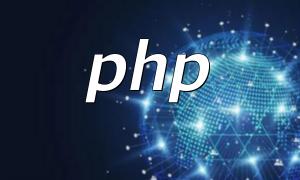JSON is widely used in web development for data exchange, and PHP's json_decode function is a primary tool for parsing it. However, when handling large JSON strings, json_decode may encounter issues such as memory overflow or script timeouts.
The json_decode function converts a JSON-formatted string into a PHP variable. It supports objects and associative arrays, making it ideal for API responses, config data, and more.
Large JSON data can trigger several challenges:
By default, PHP may not allocate enough memory to process large strings. You can increase the limit in the php.ini configuration file:
memory_limit = 256MThis change helps avoid out-of-memory errors during decoding.
When processing large data, execution time can become a constraint. Adjust the setting to extend the allowed time:
max_execution_time = 300This provides more time for the script to complete the parsing process.
Besides increasing resource limits, consider these strategies to enhance efficiency:
Errors can still occur during parsing. Use json_last_error to diagnose problems:
if (json_last_error() !== JSON_ERROR_NONE) {
echo 'JSON Decode Error: ' . json_last_error_msg();
}This will help identify specific issues and guide your fixes.
With proper configuration and optimization techniques, PHP's json_decode function can effectively handle large JSON strings. Tweaking memory and timeout settings, streamlining data, and using advanced parsing libraries can ensure your applications remain fast and stable, even under heavy load.









